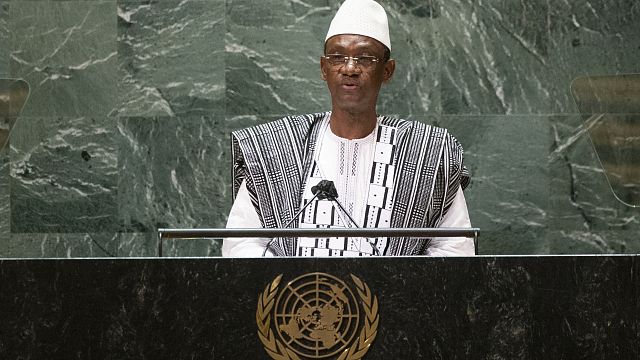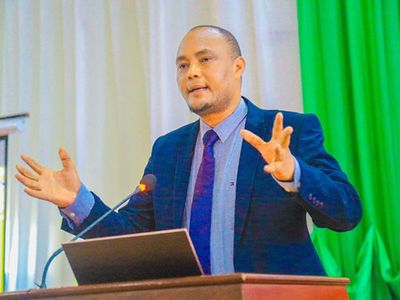The issue of illegal mining, known as galamsey, has become a major topic of discussion in Ghana, raising concerns about environmental damage, health risks, and economic effects.
While, the government has attempted to address galamsey, it still faces significant challenges. The government’s response seems uncertain, analogous to a parent struggling to discipline their children.
The University Teachers Association of Ghana (UTAG) initiated an indefinite nationwide strike that commenced on October 10, 2024.
It is affirmed that galamsey has severe consequences on the environment and the people, whereas the strike activity also impacts students.
Despite the government’s efforts, including regulations and task forces, illegal mining continues to thrive, causing frustration among various groups, including environmentalists, community leaders, the youth, advocates against galamsey, UTAG members, among others.
UTAG, has the avenue to shape public discussions and influence government policy through educational efforts. However, this strike seems to disrupt academic schedules and negatively impact students, who, on the other hand, actively protest against galamsey.
According to Nelson Mandela, “Education is the most powerful weapon which you can use to change the world.” So, as education remains the powerful means for social change, UTAG can empower people to make better choices and advocate for sustainable practices.
They can make good use of university students, who seem to be social media guards against galamsey, because they are in a unique position to spearhead these educational initiatives.
Universities can act as platforms for awareness, hosting workshops, seminars, and public lectures that engage both students and local residents, offering vital comprehension of the environmental, social, economic and health impacts of galamsey.
Collaborating with environmental agencies, government bodies, and community leaders, UTAG, can further enhance the effectiveness of these educational campaigns.
By mobilizing students as advocates for change, UTAG, can create an effect that extends beyond the classroom, into the wider community.
While strikes are powerful, their impact can be short-lived, but educational initiatives can foster long-term understanding and commitment to tackling galamsey.
Additionally, raising public awareness about the negative effects of galamsey can help build a grassroots movement that will push the government to take stronger action.
Well-informed communities can better advocate for their rights and hold leaders accountable, creating a collective voice that may be more influential than any strike.
Considering these factors, it would be prudent for UTAG to reconsider its strategy. Instead of solely focusing on the strike, UTAG, could rather go on the tangent of education on galamsey.
UTAG, can initiate public awareness campaigns, collaborative workshops, research projects, and student engagement programmes to help people understand the serious issues posed by galamsey.
While, immediate attention is necessary, the long-term solution lies in education. By prioritizing community education and empowerment, UTAG, can create a meaningful impact that goes beyond the temporary nature of a strike.
Although, UTAG has considered itself to be fighting for national interests, its industrial action has begun to yield backlash from many groups.
The National Union of Ghana Students (NUGS) and some members of UTAG, who identify as the Silent Majority Group, are demanding an immediate end to the strike action currently being undertaken by UTAG.
The post Would UTAG consider nationwide education on galamsey instead of strike? appeared first on The Herald ghana.



